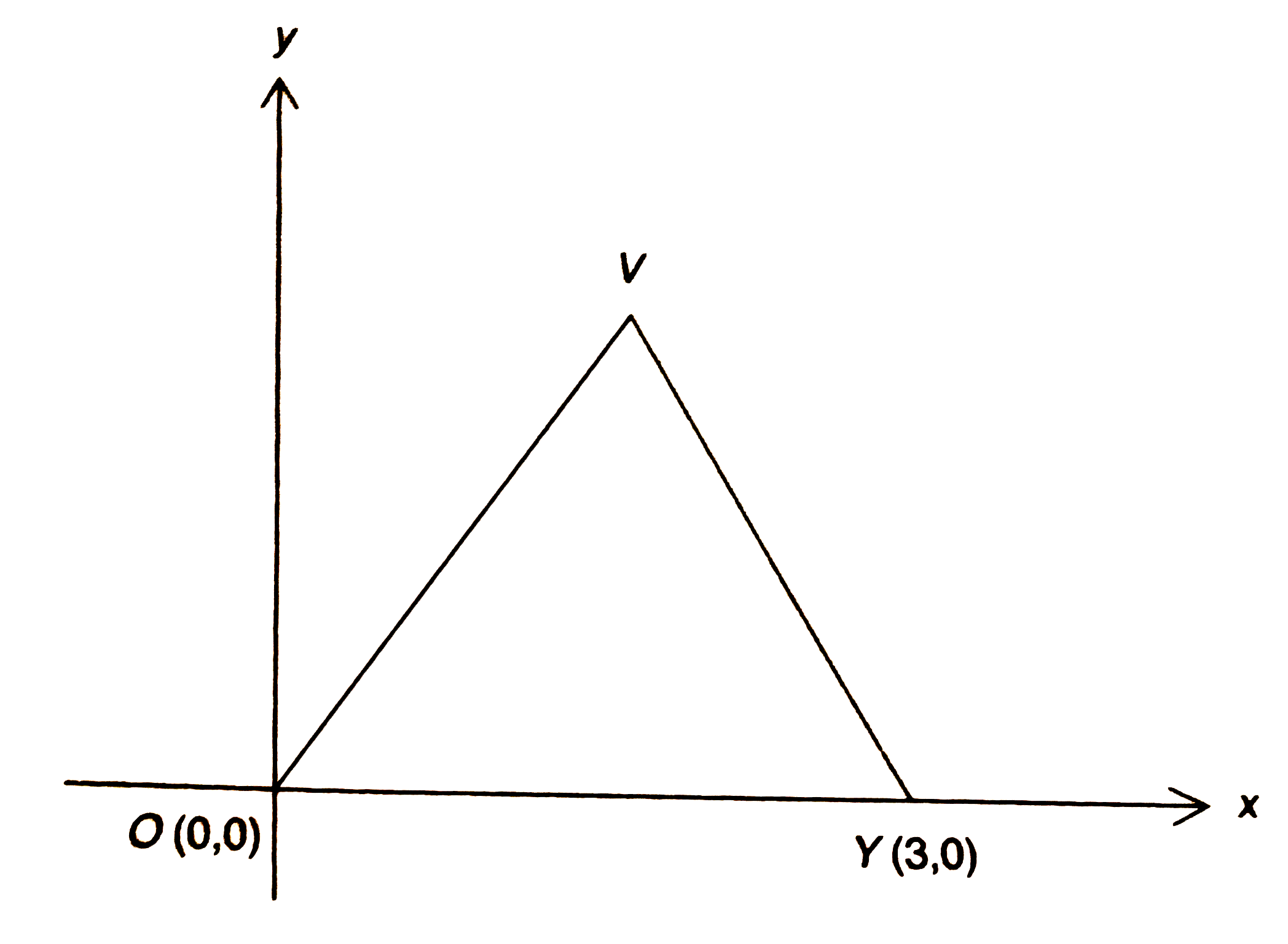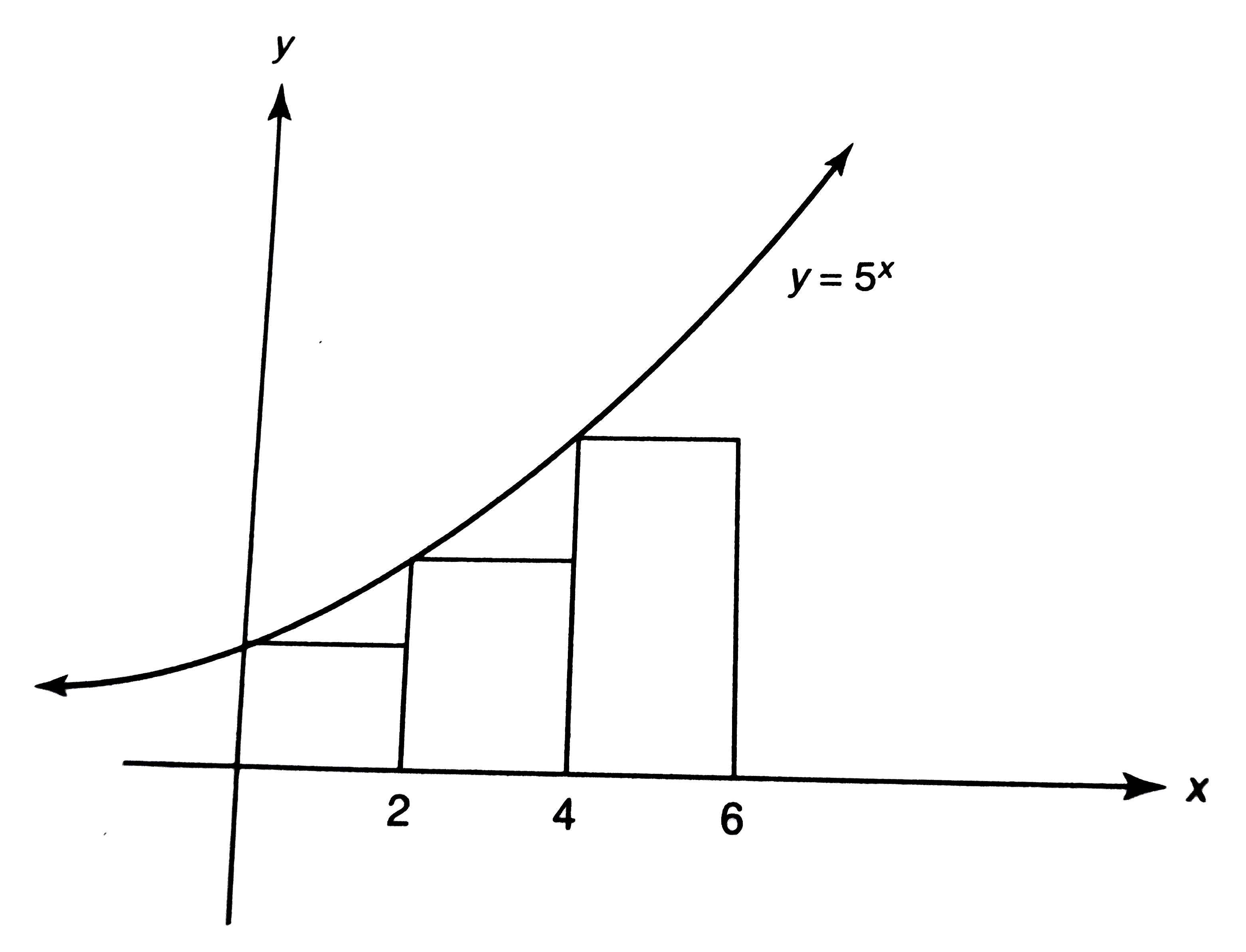If f(x)=x(√x+√(x+1), then
A
f is continuous but not differentiable at x=0
B
f is differentiable at x=0
C
f is differentiable but not continuous at x=0
D
f is not differentiable at x=0
Video Solution
|
Answer
Step by step video & image solution for If f (x) = x (sqrtx+sqrt((x+1)), then by Maths experts to help you in doubts & scoring excellent marks in Class 12 exams.
Updated on:21/07/2023Topper's Solved these Questions
- CONTINUITY AND DIFFERENTIABILITYBOOK - OBJECTIVE RD SHARMA ENGLISHCHAPTER - CONTINUITY AND DIFFERENTIABILITYEXERCISE - Section II - Assertion Reason Type
13 Videos
- COMPLEX NUMBERS BOOK - OBJECTIVE RD SHARMA ENGLISHCHAPTER - COMPLEX NUMBERS EXERCISE - Chapter Test
58 Videos
- DEFINITE INTEGRALSBOOK - OBJECTIVE RD SHARMA ENGLISHCHAPTER - DEFINITE INTEGRALSEXERCISE - Chapter Test 2
56 Videos
Similar Questions
Knowledge Check
If f(x)=(4−x)2 and g(x)=√x, then (g o f) (x)=
 A|4−x|B|2−x|C√x(4−x)2D(√4−x)2
A|4−x|B|2−x|C√x(4−x)2D(√4−x)2If f(x) = x√x , then f(√2)=
 A1.4B1.5C1.6D2.0
A1.4B1.5C1.6D2.0If f(x)=√x,g(x)=3√x+1,andh(x)=4√x+2, then f(g(h(2)))=
A1.2B1.4C2.9D4.7
